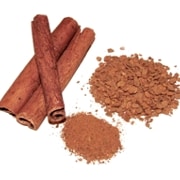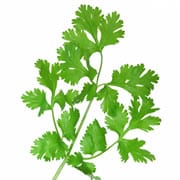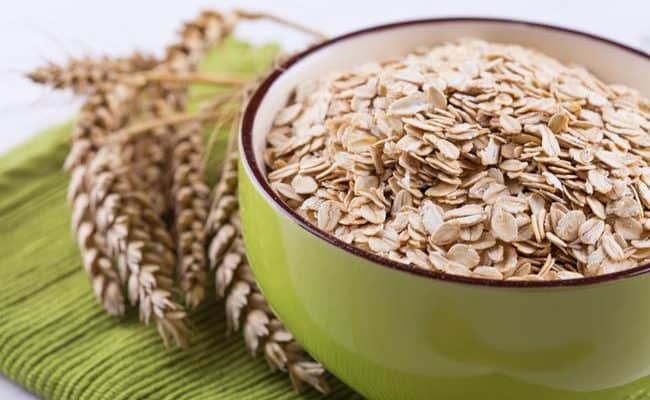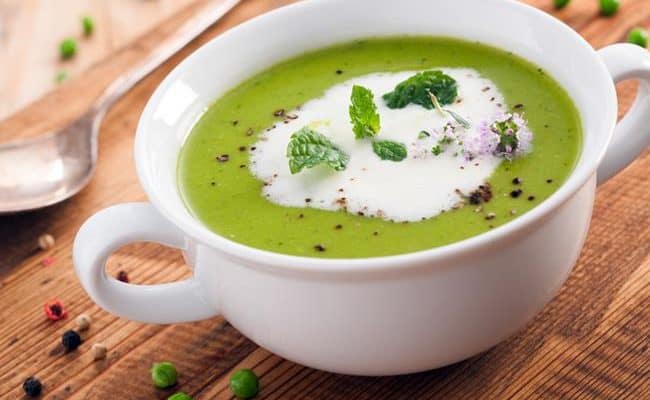
Herbs and spices add an excellent flavor boost to food, but there is growing evidence that they are also beneficial for our health. Traditional medicine has been using herbs and spices for centuries to treat common ailments and now modern science is starting to support some of these theories.
The use of herbs and spices as an alternative to salt and fat for giving flavor to cooking is also beneficial for our health, as these substances contain no calories and unlike salt have no potentially harmful effects if consumed in large quantities.
Although research is in its early stages and in many cases further studies are required to confirm benefits and make recommendations for intake, there is no doubt that herbs and spices have the potential to improve our health.
As there are few negative effects of consuming herbs and spices and they are also a welcome addition to many dishes, there is certainly no harm in including a wide variety in a healthy diet.
Common herbs and spices with potential health benefits
Cinnamon

Studies in humans and animals have also suggested that cinnamon may have the potential to induce insulin production, a useful function which may be beneficial in the treatment of type two diabetes, although further research is needed before definitive conclusions can be made.
Cayenne Pepper

It has also been suggested that this compound may have an effect on metabolic rate and increase fat burning ability, thus offering a potential role in weight loss.
Saffron

Chamomile

The flower contains many phenolic compounds and has moderate antioxidant and antimicrobial properties. It has also shown antiplatelet activity.
Animal models have also suggested anti-inflammatory action and possible cholesterol lowering effects; however, once again more human based research is required into these areas. Strangely, there is no clinical evidence to support the sedative properties of chamomile.
Cilantro

Tumeric

High phytochemical containing herbs and spices
A group of common herbs and vegetables known as umbelliferous vegetables are thought to particularly high in phytochemicals. Dill, anise, parsley and cilantro, as well as vegetables, celery, carrots and parsnips, are thought to have protective effects due to their high concentration of natural antioxidants, which are also found in garlic and ginger. T
hese compounds have been suggested to be beneficial in protection from or treatment of chronic diseases such as heart disease, cancer, diabetes and hypertension.
Herbs with anticancer properties
The National Cancer Institute has identified a collection of common herbs which possess anti-cancer properties. These include, garlic, onions and chives, which contain a compound called Allium, members of the mint family such as basil, oregano, rosemary, sage and thyme; members of the Zingiberaceae family such as turmeric and ginger, liquorice root, green tea and flax, as well as the previously mentioned Umbelliferae family vegetables.
References used in this article










